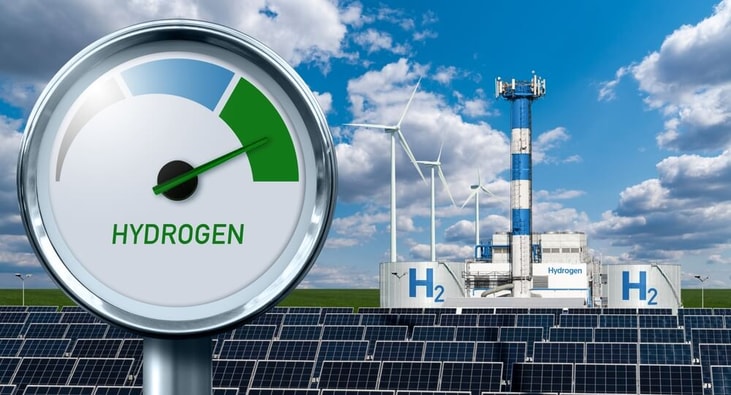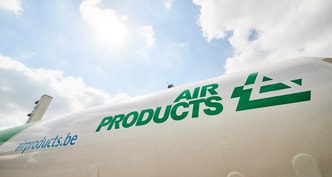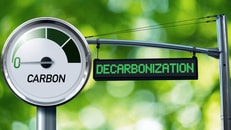Oxford Flow joins forces with nZero for zero-carbon home heating fuels
Flow control equipment specialist Oxford Flow has announced a collaboration with nZero Group company Thyson Technology to supply its IM-S gas regulators for SGN’s H100 Fife Future of Gas project in Scotland.
The project aims to introduce a direct supply of clean power for hydrogen production in Buckhaven and Denbeath. The partnership seeks to provide renewable hydrogen for domestic heating, marking a major step towards zero-carbon fuel adoption in homes.
The heating sector in the UK accounts for around one third of the UK’s annual carbon footprint, according to government figures. In 2019, 17% of heating emissions from buildings came from homes, comparable to the contribution of all petrol and diesel cars.
Oxford Flow will supply IM-S gas regulators equipped with PRX2L pilots and PB1 balancers to nZero Group, which will make up part of its twin stream active-monitor station.
... to continue reading you must be subscribed
























